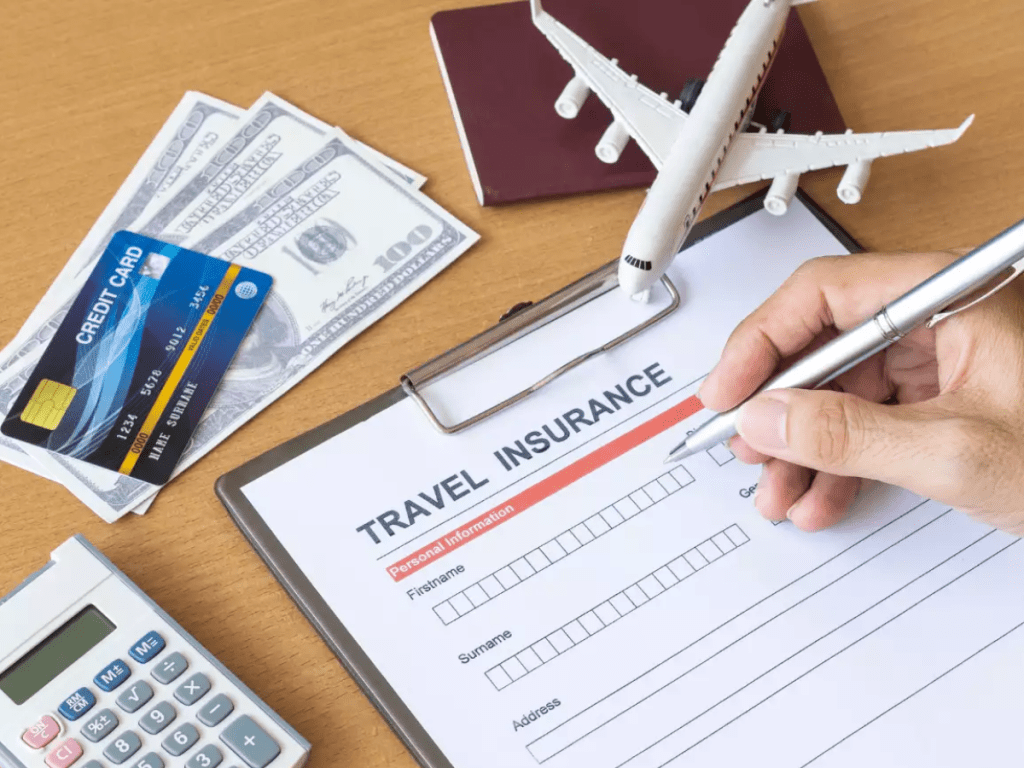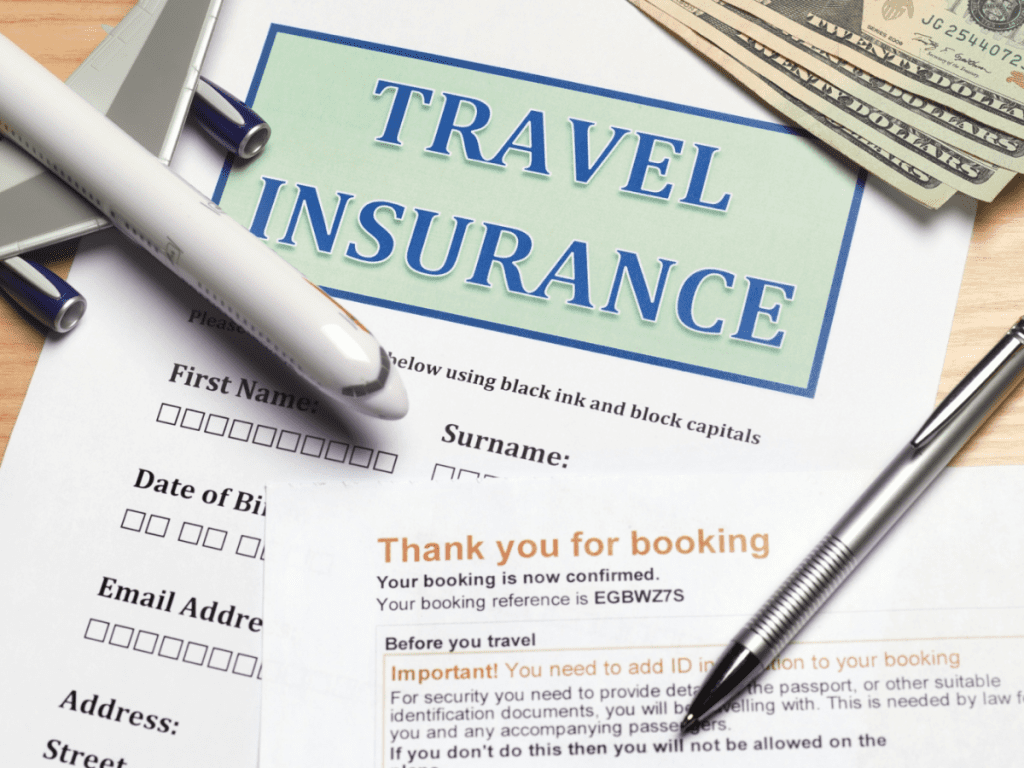Introduction
Traveling is one of life’s greatest joys, offering opportunities to explore new cultures, connect with people, and create unforgettable memories. However, even the most meticulously planned trip can encounter unexpected hurdles. This is where travel insurance becomes a vital part of any travel plan. It acts as a safety net, providing financial and logistical support in unforeseen circumstances. Understanding travel insurance can be complex, but with the right information, you can ensure that you’re well-protected. Here’s what every traveler should know.
Understanding Travel Insurance
Travel insurance is a type of policy designed to cover a variety of risks associated with traveling. These can include medical emergencies, trip cancellations, lost luggage, flight delays, and more. Policies vary widely, so it’s essential to understand what a specific policy covers and what it doesn’t.
When purchasing travel insurance, consider the type of trip you’re taking, your destination, the activities you plan to participate in, and your overall health. For example, if you’re going on an adventurous trip involving activities like skiing or scuba diving, you’ll need a policy that includes coverage for such activities.
Key Components of Travel Insurance
- Medical Coverage Medical emergencies can be costly, especially if they occur abroad. Travel insurance typically covers expenses such as hospitalization, doctor’s visits, and medications. Some policies even cover emergency medical evacuation, which can be crucial if you’re traveling to a remote location without adequate healthcare facilities.
- Trip Cancellation and Interruption Life is unpredictable, and unforeseen events like illness, natural disasters, or family emergencies can force you to cancel or cut short your trip. Travel insurance can reimburse you for non-refundable expenses such as flights, hotels, and tour bookings.
- Baggage and Personal Belongings Lost, stolen, or delayed luggage can be a nightmare for travelers. Travel insurance can provide compensation for your belongings and cover the cost of essential items you need to purchase while waiting for your bags.
- Flight Delays and Missed Connections Delays and missed connections can disrupt your travel plans and lead to additional expenses for accommodation, meals, and alternative transportation. Many travel insurance policies offer coverage for such scenarios.
- Adventure Sports and Activities If your travel plans include high-risk activities, ensure your policy covers these. Standard travel insurance might not include extreme sports, but you can purchase additional coverage tailored to your itinerary.
Choosing the Right Policy
Selecting the right travel insurance policy can be overwhelming due to the variety of options available. Here are some factors to consider:
- Destination: Different regions may have varying levels of risk. For example, medical costs in the United States can be significantly higher than in other countries, requiring more comprehensive coverage.
- Duration of Travel: Policies are typically priced based on the length of your trip. If you’re a frequent traveler, an annual multi-trip policy may be more cost-effective than buying separate policies for each trip.
- Pre-existing Medical Conditions: If you have a pre-existing condition, disclose it when purchasing a policy. Some insurers offer coverage for pre-existing conditions, but it’s essential to read the fine print.
- Policy Limits and Exclusions: Carefully review the policy’s terms and conditions, paying attention to coverage limits and exclusions. This will help you understand what is and isn’t covered.
When to Purchase Travel Insurance
The ideal time to buy travel insurance is shortly after booking your trip. Purchasing early ensures that you’re covered for trip cancellations or interruptions that may occur before your departure. Additionally, some policies offer a “look-back” period for pre-existing conditions, which may only apply if you purchase the insurance within a specific time frame after booking your trip.
How to Make a Claim
Making a travel insurance claim can be straightforward if you follow the correct procedures:
- Notify Your Insurer Promptly: Contact your insurance provider as soon as possible to inform them of the situation.
- Keep Documentation: Maintain detailed records of all expenses, including receipts, medical reports, police reports (in case of theft), and any correspondence related to the incident.
- Complete the Claim Form: Fill out the claim form provided by your insurer and attach all necessary documents.
- Follow Up: Stay in touch with your insurer to track the status of your claim and provide additional information if required.
Common Mistakes to Avoid
To maximize the benefits of your travel insurance, avoid these common pitfalls:
- Not Reading the Policy: Many travelers skip reading the policy details, leading to misunderstandings about coverage. Take the time to thoroughly review your policy.
- Ignoring Exclusions: Be aware of exclusions such as coverage limitations for high-risk activities or specific destinations.
- Underinsuring Your Trip: Ensure your policy covers the full cost of your trip to avoid financial losses.
- Failing to Disclose Information: Provide accurate information about your health and travel plans. Omitting details can result in denied claims.
Travel Insurance Myths Debunked
- “I Don’t Need Insurance for Short Trips” Even short trips can encounter unexpected issues like flight delays or medical emergencies. Travel insurance provides peace of mind regardless of trip duration.
- “It’s Too Expensive” Travel insurance is often affordable compared to the potential costs of an emergency. Consider it an investment in your safety and security.
- “My Credit Card Covers Everything” While some credit cards offer travel insurance benefits, they may not provide comprehensive coverage. Verify what your credit card policy includes and supplement it with additional insurance if needed.
Tips for First-Time Buyers
- Compare policies from multiple providers to find the best fit for your needs.
- Look for reviews and ratings to gauge the reliability of an insurer.
- Consider purchasing insurance through a travel agent, as they can offer guidance tailored to your trip.
The Role of Travel Advisories
Government-issued travel advisories can impact your travel insurance. If your destination is listed as high-risk, your policy might not provide coverage. Always check advisories before purchasing insurance and traveling.
Conclusion
Travel insurance is an essential component of any trip, providing protection against unforeseen events that could disrupt your plans and lead to financial losses. By understanding the key components of travel insurance, choosing the right policy, and avoiding common mistakes, you can travel with confidence knowing you’re covered. Whether you’re embarking on a short weekend getaway or a long international adventure, investing in travel insurance ensures that you’re prepared for the unexpected. Safe travels!

